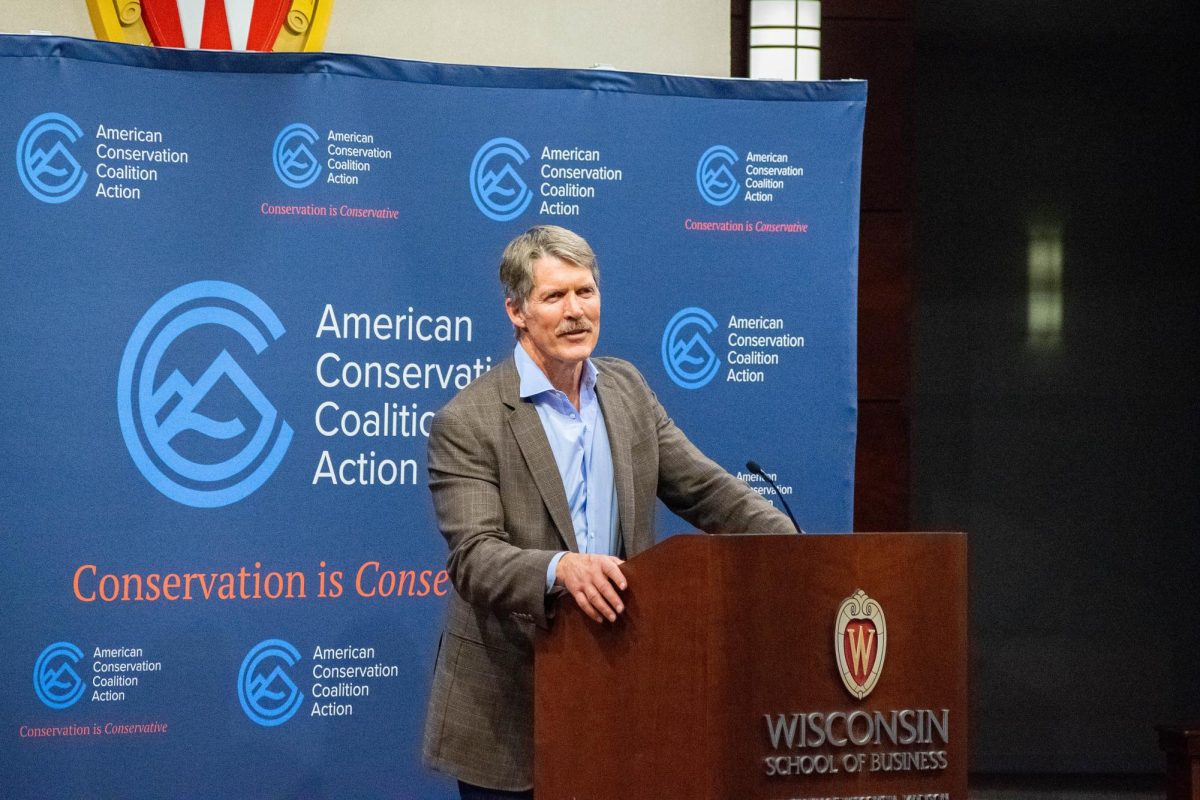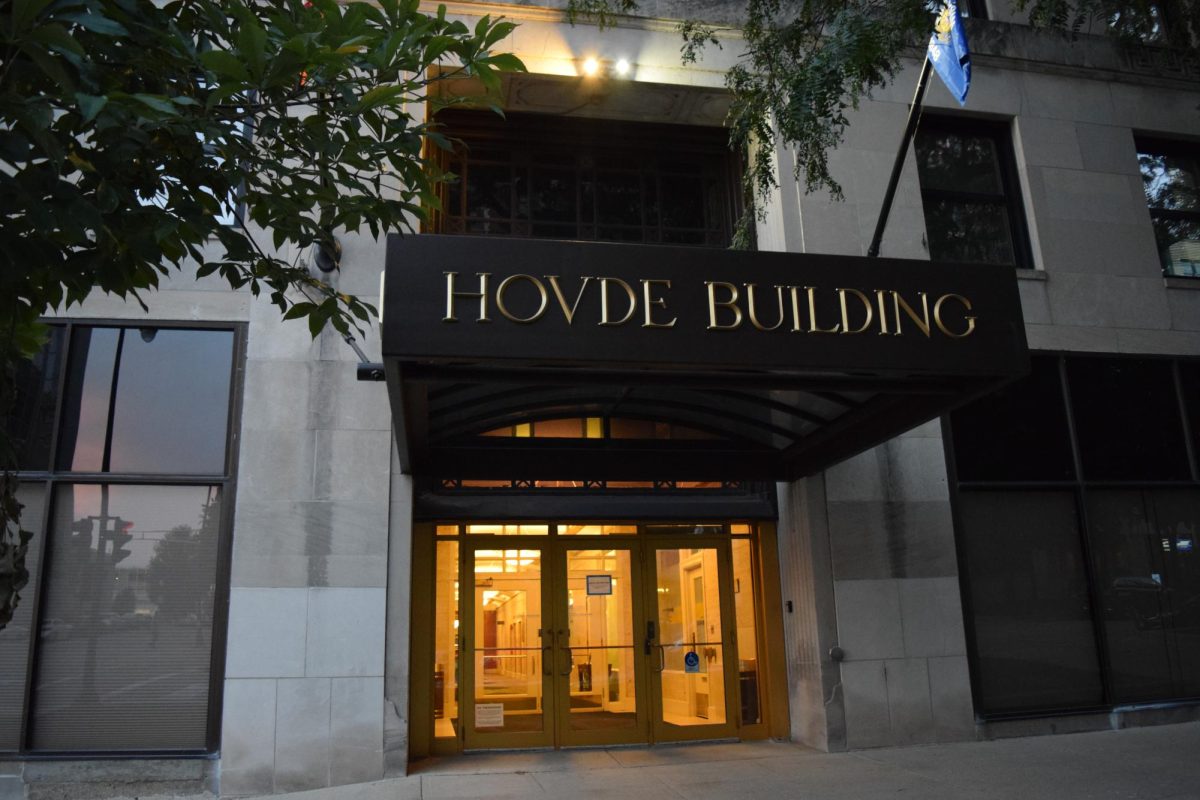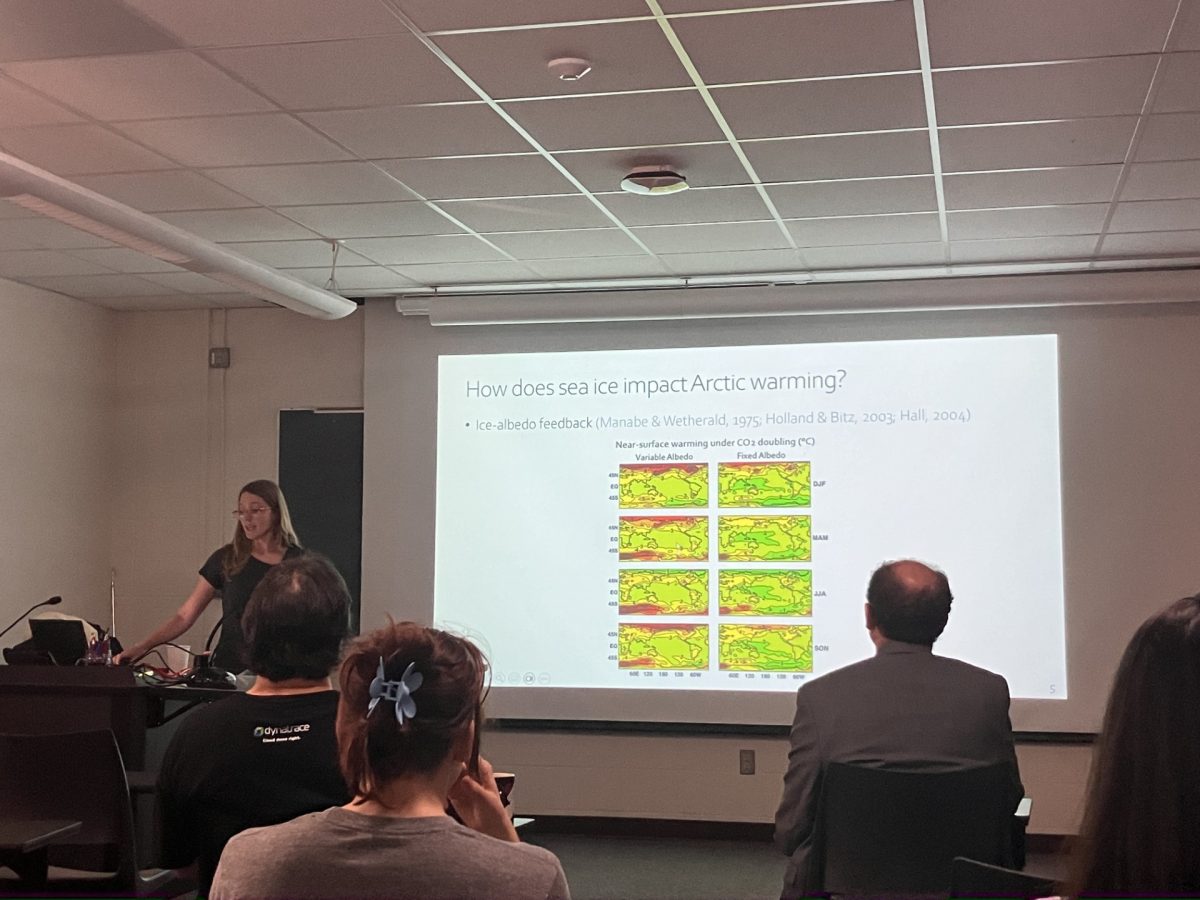Campaign finance reform has caused growing debate in state legislatures after federal reform legislation sponsored by Sen. John McCain, R-Arizona, and Sen. Russ Feingold, D-Wisconsin, was passed last year. In Wisconsin, the State Governing Board and Common Cause sponsored a public hearing Tuesday to discuss campaign finance and ethics reform within the state.
Common Cause in Wisconsin is a non-partisan, non-profit citizens’ lobby group focused primarily on campaign finance, ethics, and lobby reform, as well as open meetings law and other issues concerning the promotion and maintenance of open, responsive government.
The meeting featured several speakers who discussed current reform initiatives, shared their viewpoints and detailed occurrences of reform issues in the state legislature. A major concern throughout the meeting was a lack of urgency by state legislators on the topic of campaign finance and ethics reform. To the disappointment of those present at the meeting, such reform is does not have priority on many legislators’ agendas.
“I think legislators largely listen to their constituents,” said Sen. Sheila Harsdorf, R-River Falls, “and when they are calling about education, health care reform or local government budgets, campaign finance reform will not become priority.”
Those in favor of reform made Harsdorf an example, because she had the most expensive campaign in the history of Wisconsin legislature, spending nearly $3 million on her 2000 bid for election.
“Being a candidate in the most expensive election in state history, I don’t consider it anything to be proud of,” Harsdorf said. “[We should] address key problems in the system like independent expenditures.”
In her most recent election, Harsdrof and her opponent’s combined expenses of $700,000 were less than a third of the reported $3 million she spent in 2000. This is also in comparison to the $100,000 she spent in the 1992 election. Lobbying groups spent the remaining money on independent expenditures such as radio and television ads.
“As a candidate, I like to have control over my message,” Harsdorf said. “Independent expenditures take that control away.”
Complaints that campaign finance reform was not a high priority in the legislature continued throughout the meeting.
“Leadership across the board is worried about personal power,” Gail Shea, founder of the Wisconsin Democracy Campaign and former state elections official said.
Shea is the force behind Senate Bill 11, one of the bills that might offer hope to reform groups nationwide. The bill combines the elections and ethics boards to better enforce the rules of the legislature and elections.
Shea and Don Millis, a Republican activist and former member of the state elections board, spoke together about the bill. Senate Bill 11 will give an executive director the power to oversee the three functions of the new board, which will be named the Wisconsin Government Accountability Board. The Board will handle election administration, compliance for campaigns and public officials as well as enforcement of violations.
Reform activists consider Senate Bill 11 important because it is the only bill slated to reach the legislative floor in the near future.
“For reform communities, it is important to talk about it all the time,” Shea said. “We finally have all reform groups focused on one bill.”
Other speakers at the meeting included Dan Bach, Deputy Attorney General of Wisconsin on the constitutionality of campaign finance reform proposals, Rep. Steve Freese, R-Dodgeville, Chair of the Assembly Committee on Campaigns and Elections, and Common Cause in Wisconsin co-chair Bill Kraus, who spoke on national Common Cause developments.







